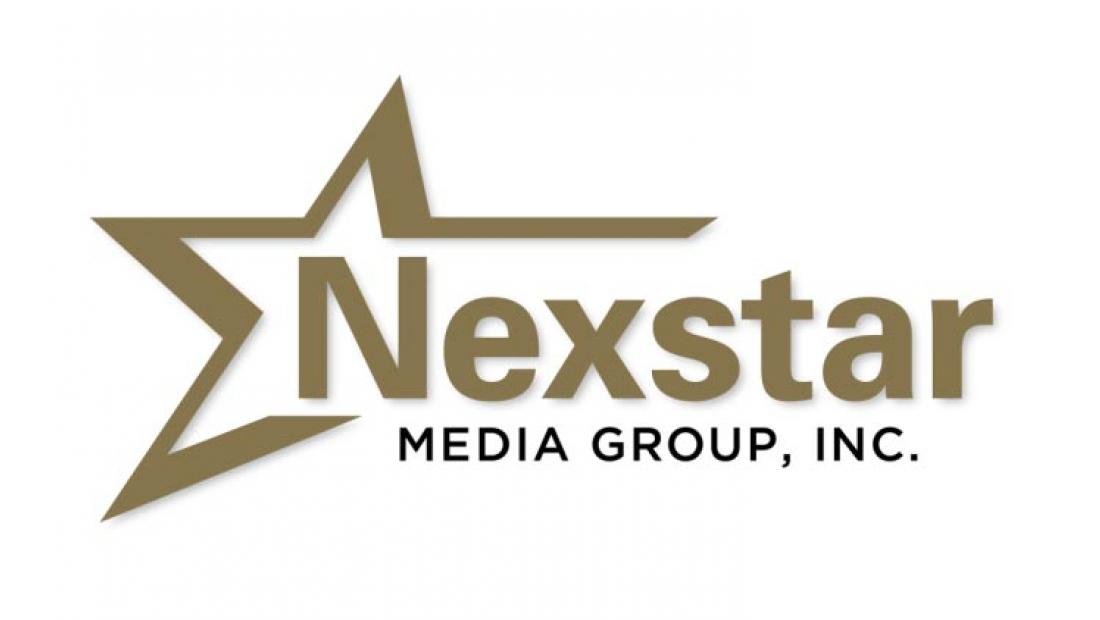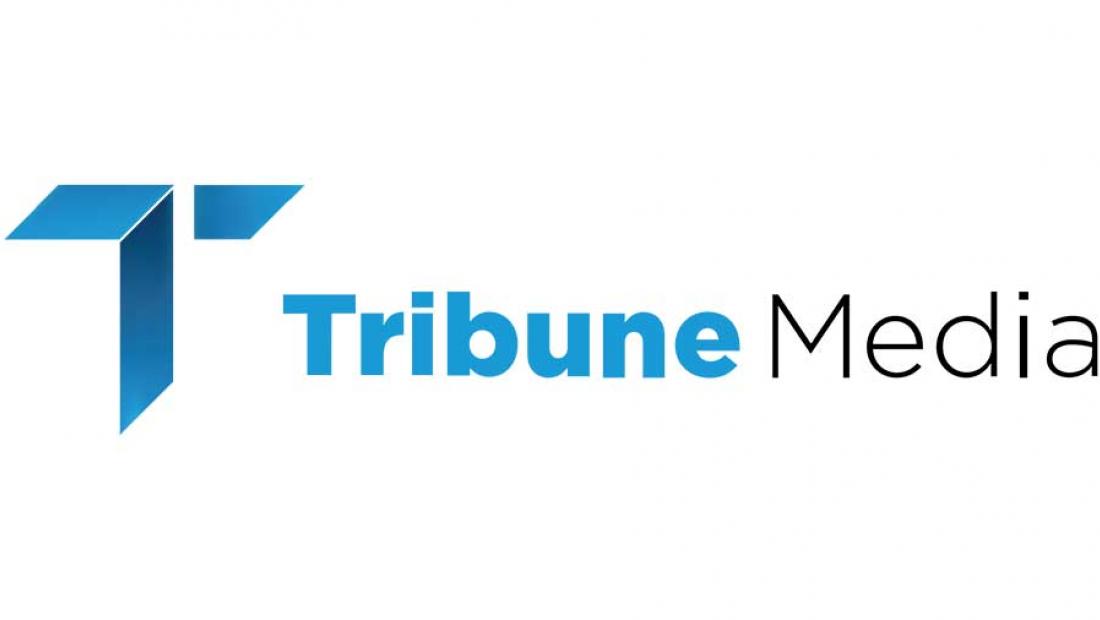Nexstar, Tribune Fire Back at Critics in FCC Filing

The smarter way to stay on top of broadcasting and cable industry. Sign up below
You are now subscribed
Your newsletter sign-up was successful
Dismiss, deny and reject. That was Nexstar and Tribune's advice to the FCC related to the various parties that petitioned the FCC to block their merger as not in the public interest.
They were responding to petitions to deny filed by Common Cause, Public Knowledge, United Church of Christ, Sports Fans Coalition, Frontier Communications, and Dish, and concerns raised by NCTA—The Internet & Television Association and the American Television Alliance, both of which said that without various conditions the deal should be denied.
In their response to the petitions and those other critics, the broadcasters said those parties allege remote, speculative, conjectural, or hypothetical risks of conduct the company "might" engage in.
They told the FCC that those petitions were defective because none had presented specific facts or allegations to warrant a finding that the deal was not in the public interest or identified a single FCC rule the deal would be breaking or "a single direct, non-speculative injury they would suffer."
Related: Tribune Media Shareholders Approve Nexstar Deal
That, said Nexstar/Tribune, meant they lacked standing to seek the merger's denial.

"At bottom, the Petitioners’ assertion that Applicants have failed to satisfy a general 'public interest' test that they claim the Commission has applied in some transactions is an effort to distract from their own inability to present specific allegations of fact sufficient to make a prima facie case against the Applications," they said. "Moreover, and as demonstrated below, their remaining arguments boil down to a desire for more stringent regulation [of local ownership, of retrans negotiations, and more] that is more appropriately addressed by rulemaking than in this adjudicatory proceeding."
The smarter way to stay on top of broadcasting and cable industry. Sign up below
Related: ACA Says Without Conditions, Nexstar-Tribune Should Not Be Approved
Nextsar and Tribune pointed to the stations they were spinning off to comply with the FCC's rules, and their "fulsome and persuasive showing" that the merger would permit the delivery "of enhanced local service" and would "improve competition."
They say the petitioners are evaluating the transaction according to rules that don't exist or are not in effect, suggesting the deal be conditioned on requirements "of their own making."
The broadcasters point out that the FCC has a history of not trying to regulate the industry generally through deal conditions that "end-run the rulemaking process."
Contributing editor John Eggerton has been an editor and/or writer on media regulation, legislation and policy for over four decades, including covering the FCC, FTC, Congress, the major media trade associations, and the federal courts. In addition to Multichannel News and Broadcasting + Cable, his work has appeared in Radio World, TV Technology, TV Fax, This Week in Consumer Electronics, Variety and the Encyclopedia Britannica.

